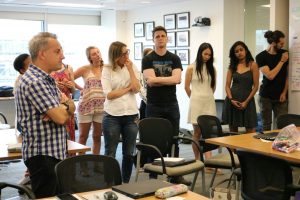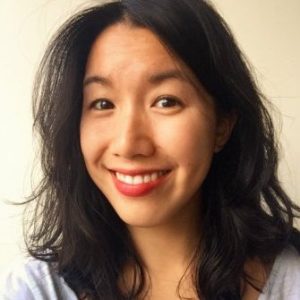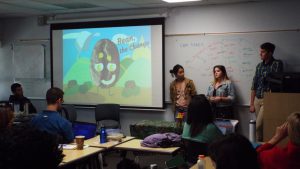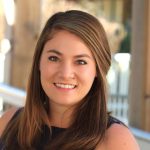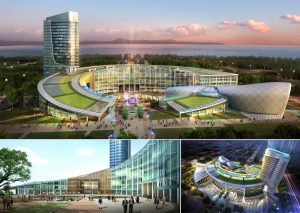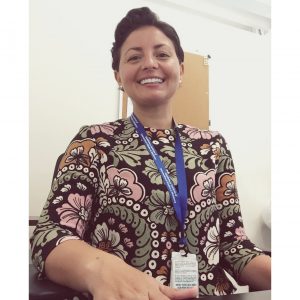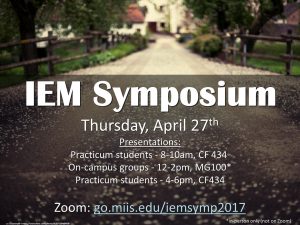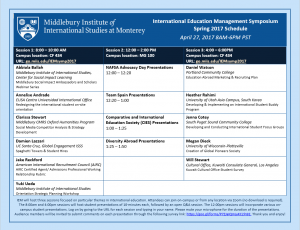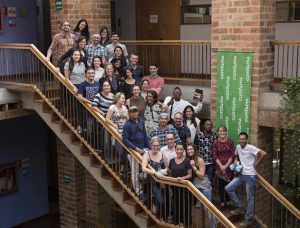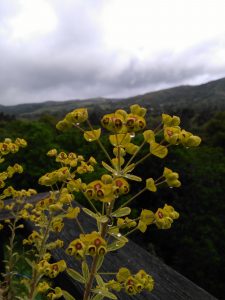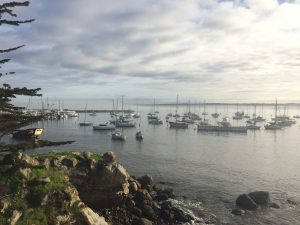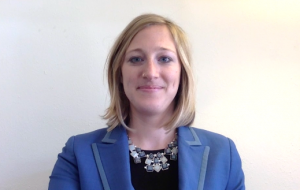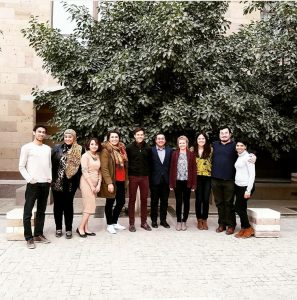Tuesday, September 12th, 2017
Top Tips for MIIS Students Seeking Professional Adventure
Already fantasizing about the incredible summer internship you’re going to land? Good! You should be. If not, I’m here to plant the seed.
The truth is, summer seems like a grueling academic year away, but it’s lurking just around the corner. Without a swipe left, swipe right graduate internship app option, identifying interesting organizations and cruising MIIS resources now will prevent you from giving the “OMG OMG OMG” crazy eyes to your advisors this May.
I sat down with Donna York (IPD ’18 – goldmine of good advice) to reflect on her time Interning for the Climate Change and Disaster Risk Reduction branch of the United Nations Development Program (UNDP) in Geneva.
Top Tips for MIIS Students Seeking Professional Adventure:
Be that annoying person who sees your advisor all the time. Planning is super important. I met with my advisor Scott Webb almost once a week to ask questions and get reassurance that I was doing everything right (Scott is good at the reassurance part).

Perfect the basics. Get your resume and cover letter absolutely perfect in the fall so you are set to send them out. Organizations like the UN see having mistake-free materials as just checking the first box.
Apply. Apply. Apply. I started sending things out early and applied for 30 internships across the UN and over a dozen more at organizations that interested me in Washington D.C. If I could, I would have applied for even more.
Get financial support. I have applied for and received MIIS Immersive Professional Learning (IPL) funding twice. The process to apply was simple and the deliverables I was required to submit for receiving it were flexible.
Be that annoying person (again) that e-mails all the time. Once you’ve landed the internship, build your network. You have nothing to lose in making connections. Even if you don’t have a specific ask for that person in the moment, you never know when they might pop into your life again in the future. Seriously, always follow up after an information session, coffee, or even if someone gives you their card.
For more application inspiration, explore MIIS Immersive Learning Programs and keep an eye on Zócalo for hot leads.
You can also check out more MIIS immersive learning examples from all over the world at the Immersive Learning Project Portal.

